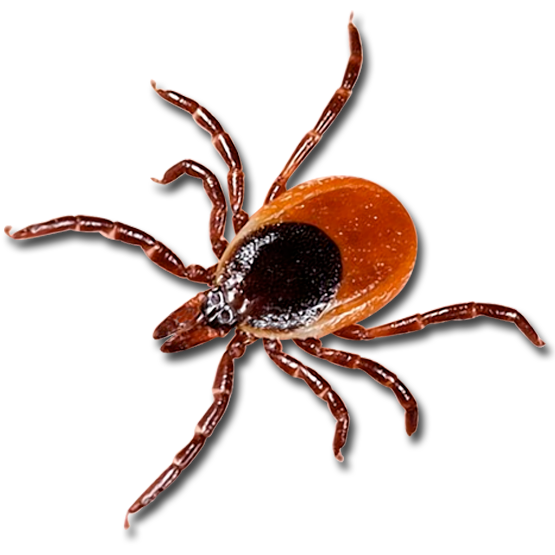Description
Product details
Herbal Pest Control 9420002022 Nashik pose a global threat as vectors of diseases, distinguished by their arachnid classification rather than being insects. In our geographical regions, approximately two dozen species exist, with eight holding significant medical relevance. The primary culprit for disease transmission to humans is the common castor-bean tick, scientifically known as Ixodes ricinus. In the course of their development, ticks typically require multiple blood feedings. In search of a host, they inhabit grass, ferns, and the undersides of leaves and bushes, often awaiting a suitable donor for several months. Upon detecting a potential host, they descend and locate a suitable spot to feed on blood. When targeting humans, they exhibit a preference for moist and warm areas such as the armpits or genital region. Following a bite, their barbed proboscis unfurls like an umbrella to secure the tick to the skin. Undisturbed feeding can persist for up to nine days, during which the engorged tick becomes several times larger. Typically inconspicuous, the tick bite goes unnoticed due to the release of pain-killing secretions. The bitten area may exhibit only mild redness. The transmission of pathogens occurs not only through the tick's saliva but also commonly through its excrement. Ticks serve as vectors for tick-borne encephalitis, a virus disease that is endemic to specific regions, and for borreliosis, a bacterial disease that is approximately 100 times more prevalent and widespread across all temperate climate zones. Preventative measures and management strategies Wearing protective clothing provides a barrier against tick bites. Apply appropriate repellents, such as lotions, creams, sprays, or pump sprays, to exposed areas of the body. The risk is lower on pathways compared to traversing through undergrowth. Following time spent in open countryside, thoroughly inspect your body for ticks. Additionally, check corners of beds, mattresses, and air mattresses for any visible ticks. To eliminate ticks, beds and mattresses can be treated with insecticides. To remove a tick proceed as follows: Grasp the tick just above your skin, avoiding twisting or squashing it. Refrain from applying oil or alcohol to the tick. Gently pull it out in a straight upward motion. The key to any control program Call Herbal Pest Control Nashik Mobile No. 9420002022






